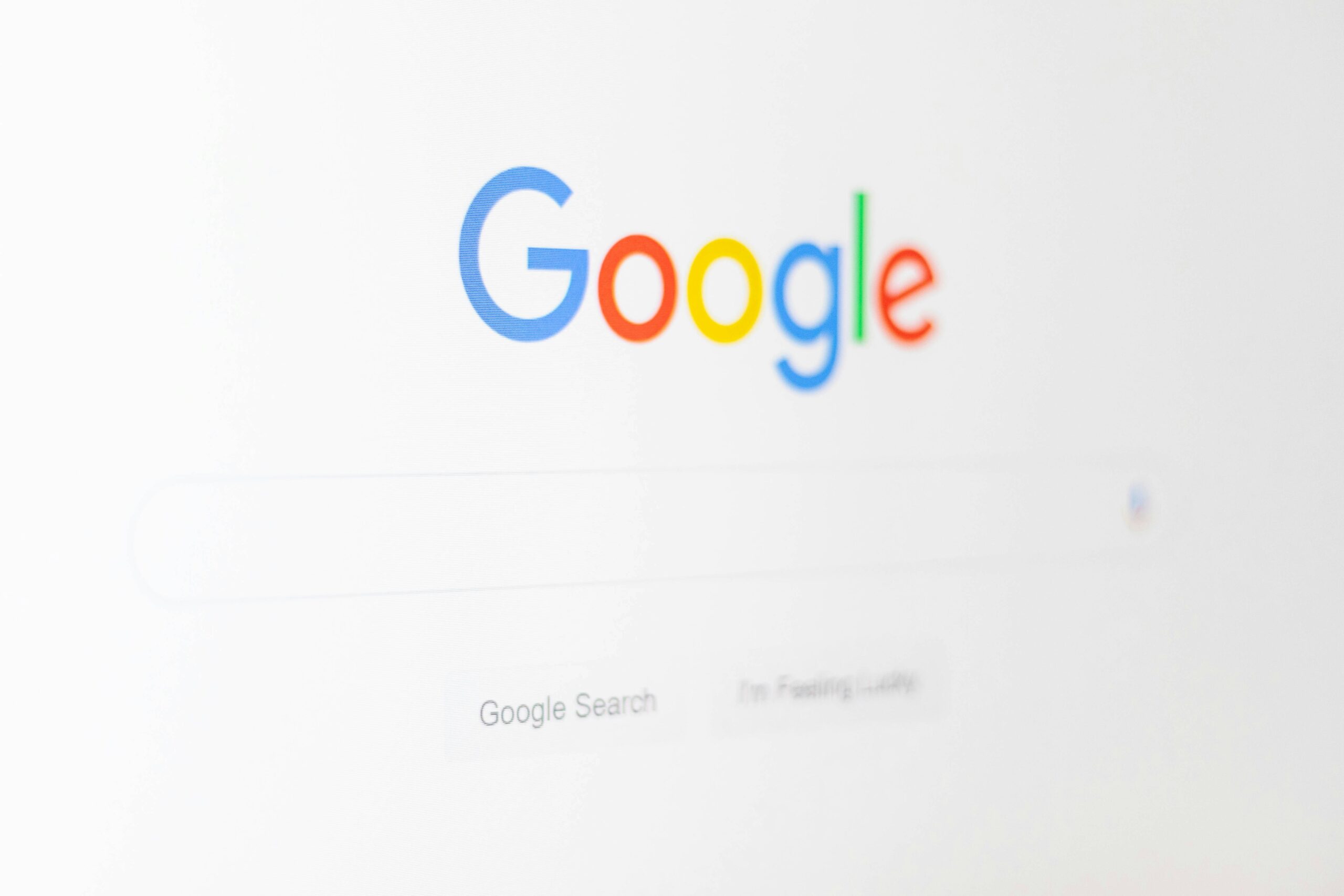
Search Engine Optimization (SEO) is no longer just about keywords and backlinks—AI-driven algorithms now determine rankings with greater precision. In 2025, businesses and content creators must leverage AI-powered tools to stay ahead. Here’s how AI is revolutionizing SEO:
1. AI-Generated Content Optimization
AI tools like OpenAI’s GPT models and Surfer SEO analyze top-ranking articles and suggest keyword-rich, high-quality content. Rather than stuffing articles with keywords, AI ensures content meets search intent while improving readability and engagement. AI-powered content generators can craft compelling introductions, optimize for featured snippets, and suggest semantic keywords that align with user search behavior.
Additionally, AI tools such as Clearscope and MarketMuse analyze competitors’ content and provide data-driven recommendations to enhance topic depth and relevance. Writers no longer need to manually research related subtopics—AI does the heavy lifting, ensuring comprehensive coverage that aligns with Google’s evolving ranking factors. Check out our in-depth guide on AI writing tools in 2025 to see how automation is changing content creation.
2. Automated SEO Audits & Insights
AI-driven platforms like SEMrush, Ahrefs, and Clearscope conduct in-depth SEO audits, identifying ranking opportunities, broken links, and content gaps. AI can even generate data-driven content briefs to ensure articles rank higher.
Advanced AI can now predict ranking fluctuations based on Google algorithm updates. With machine learning, AI-powered SEO platforms assess search trends, user behavior, and backlink profiles, providing actionable recommendations before rankings drop. These insights help businesses adjust strategies proactively, maintaining stable or improved rankings despite algorithm shifts. Learn more about AI-powered SEO audits in our article on AI automation tools.
3. Voice Search & Conversational AI
With the rise of smart assistants like Google Assistant and Alexa, optimizing for voice search is crucial. AI helps refine content to match natural language queries, increasing visibility in voice-based searches. For example, instead of targeting “best SEO tools,” AI suggests optimizing for conversational phrases like “What are the best SEO tools for bloggers?”
Schema markup is another essential factor—structured data helps search engines understand the context of content, making it more likely to appear in voice search results and featured snippets. AI tools like Schema.org generators simplify the implementation of structured data, ensuring better search visibility.
4. AI-Powered Personalization & User Experience
Google’s AI-driven RankBrain and BERT prioritize user intent and experience. Websites using AI chatbots, personalized content recommendations, and predictive analytics retain visitors longer—improving bounce rates and rankings.
For example, AI-powered recommendation engines analyze user behavior to dynamically suggest relevant blog posts, increasing dwell time and page views. AI-driven A/B testing tools also optimize CTAs, headings, and layouts for maximum engagement.
xFor a deeper dive into how AI is shaping the future of SEO, read our article on AI content automation.
Conclusion
IIn 2025, mastering AI-powered SEO tools will be the key to success. Whether through AI-generated content optimization, smart auditing tools, or adapting to voice search trends, leveraging AI will help you dominate the SERPs. SEO is no longer just about guessing—it’s about harnessing real-time AI-driven insights to stay ahead of the competition.